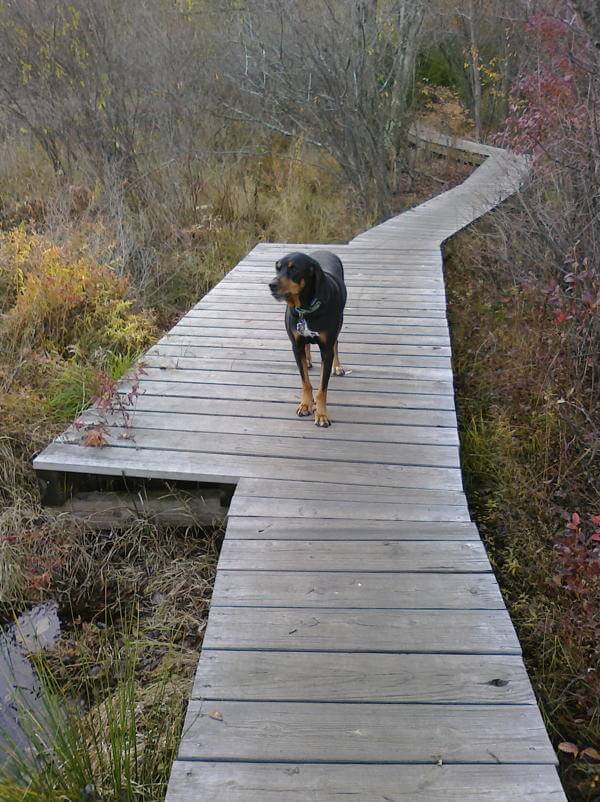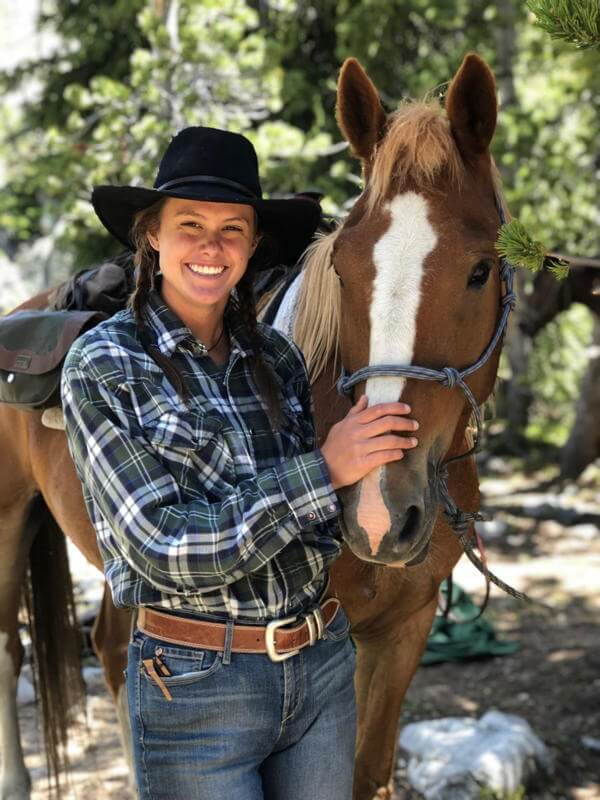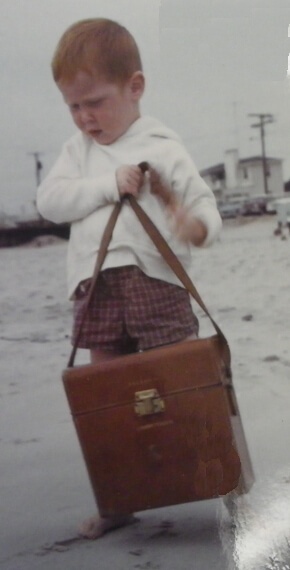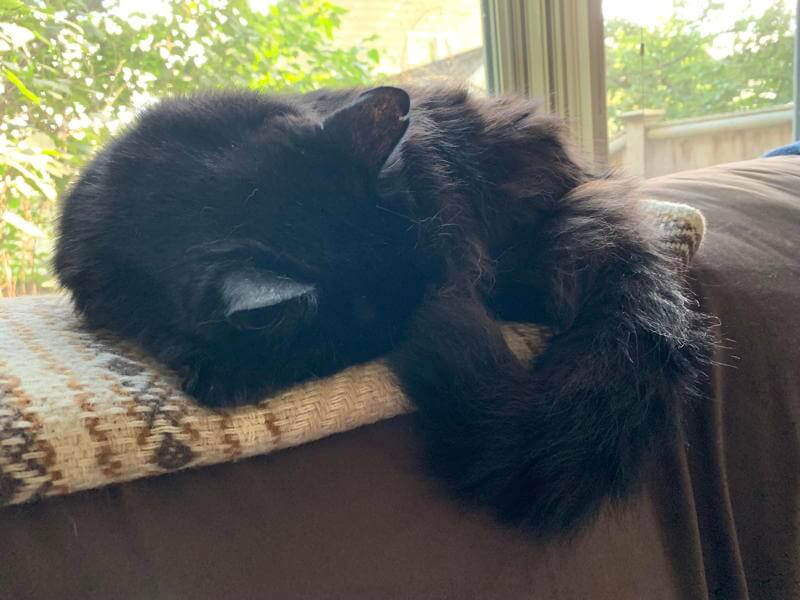You as a Learner
Whenever we’re learning in the presence of others, we are vulnerable. Our abilities are on display when we have an audience, and this affects our learning, sometimes for the better, sometimes not.
Social Facilitation and Inhibition
Simply put, when others are present during an activity you’re involved in, social facilitation occurs when your performance improves, and social inhibition happens when you do worse than your capabilities. However, there are several nuances to consider. Most of us perform better in the presence of others when we are doing well-learned, well-practiced tasks. If we are trying novel tasks, the presence of others makes it harder for us to perform at our best. For example, a professional guitarist may play in front of an audience and perform the best they ever have, putting on an embellished and entertaining performance. The same musician might not fare as well when performing an activity they have never tried before while in front of an audience, say playing their guitar left-handed if they are right-handed. Relate this to schoolwork. Is it better to do your homework involving new concepts with someone watching you? But when prepared for a test, does being in the presence of your classmates help you?

Do you like being alone when you explore your path in life?
What brings out social facilitation and inhibition for you?
Pick two tasks that are entirely new to you (an activity in which you are unconsciously incompetent or a consciously incompetent at completing– see the Stages of Learning section). Try performing one alone and the other in front of an audience. Then, pick an activity that you feel you have “mastered” (one that you are consciously competent at doing) and follow the same process of performing the task alone and then in front of an audience. If the events have a score or time limit, record the results.
Why can’t I use the same novel activity on my own and with people present?
Once you’ve tried the activity once or twice, you become more comfortable with performing it in the new scenario, biasing the results of the second scenario.
Option: Write a reflection on how you felt during each of the experiments. Were the feelings the same? Different? Expected? Unexpected?
The key is to try different styles of learning in different conditions, evaluate your performance, revise your technique, and try again. To develop your ability to learn, you need to try various tools and strategies to see how beneficial they are to you and you alone.
Stages of Learning
There are four basic stages of the learning process, and since each requires a different approach in order to persevere, it helps to be mentally prepared for each stage.
- Unconscious Incompetence: since we haven’t tried yet, we don’t know the degree of our incompetence.
- Conscious Incompetence: We realize we’re at the beginning of a long learning curve.
- Conscious Competence: You’ve worked through the many plateaus and extended periods of practice that occur in the learning process to feel somewhat competent in your skills.
- Unconscious Competence: a conscious focus is no longer needed to perform a skill effortlessly. This does not imply that you don’t keep growing and trying to improve!
Corey’s Stages of Learning for Riding a Horse
- Unconscious Incompetence: I always loved horses and wanted to learn how to ride at a young age, but had no idea where to even begin. I didn’t know how to saddle a horse, let alone ride one! I was unaware of all the intricacies that came with it.
- Conscious Incompetence: I struggled to control my horse for the first several lessons, not quite sure how to make it go and, more importantly, make it stop! I remember watching another girl in the ring change the length of her stirrups while she was on the horse and thought that I would never be able to do that.
- Conscious Competence: At this stage, I was able to ride around the ring at several different gaits while under the instruction of a trainer who I needed to guide me through lessons.
- Unconscious Competence: I confidently ride around on my own (and even adjust my stirrups on while riding), although getting pointers and instruction from a trainer are always helpful.

Corey has led wilderness horsepacking groups for a summer in Wyoming.
Jodi’s Stages of Learning to Play the Guitar
- Unconscious Incompetence: When I first picked up a guitar, I was shocked how hard it was to make it sound “nice.” The people I saw playing them made it look so easy!
- Conscious Incompetence: My first music lesson stunned me – absolutely everything was new, and I saw how long the path was in front of me.
- Conscious Competence: Sadly, I never made it to this point with my guitar. But at an early age, this sparked an interest in the learning process – why were some things so fun to dive into and keep trying, whereas, other activities felt so overwhelming to me.
- Unconscious Competence: I now sit in the audience and appreciate what professional musicians have gone through to be able to perform their music flawlessly in front of a demanding audience!

Although the guitar didn’t win Jodi over, even from a young age, she wouldn’t put the camera down!
The Importance of Your Learning Environment
Understanding social facilitation helps us to apply it to our learning techniques and strive for our best performance possible. The environment you are working in has quite a bit of influence on how well you recall, retain, and connect information. The presence of people is an important factor to consider, but you may also create experiments to measure how other variables may impact you:
- Noise level
- Chaotic or random noise compared to rhythmic noise
- If you play music as you work, what genre of music are you listening to?
- Light quality
- Amount of room to spread out your materials
- The presence of a calm pet
- Having social media notifications (includes your phone!) on and audible compared to turning off all forms of social media
- Time of day
- Amount of sleep over the past few days
- Stress in your life
- Sitting on a chair, the floor, on a couch, on your bed
- Other ideas? Add them to the “Comments” at the bottom of the page.

Here is one of Jodi’s daily workmates – Jack the Cat. His calming presence helps him stay focused most of the time, but the occasional demands for some attention provide a well-needed rejuvenating break.
The Covid-19 Pandemic and the Loss of Audiences
A modern-day example of social facilitation and the effects of performing in front of an audience can be seen with late-night television hosts. They are used to having a live audience, but can no longer do so in the time of COVID-19. Most hosts are continuing to do their shows from home in front of just family members acting as the crew, or in an empty room with cameras. While it is difficult to quantify their performance, surely their delivery of jokes must change. Many have admitted to the difficulties they are experiencing with the lack of an audience with programs such as NPR’s Wait Wait…Don’t Tell Me going so far as to add “canned applause” to mimic the reactions of an audience.
Additionally, in the realm of professional sports, teams may return to playing without spectators. Rarely have professional athletes been asked to perform without a live audience watching. Even during practices, many sports teams often invite fans to watch (perhaps to encourage the highest performance from players at all times). How might this change affect the players? Will the lack of spectators cause them not to perform as well?

Will professional sports be played in empty stadiums? If so, how will the athletes respond?

0 Comments